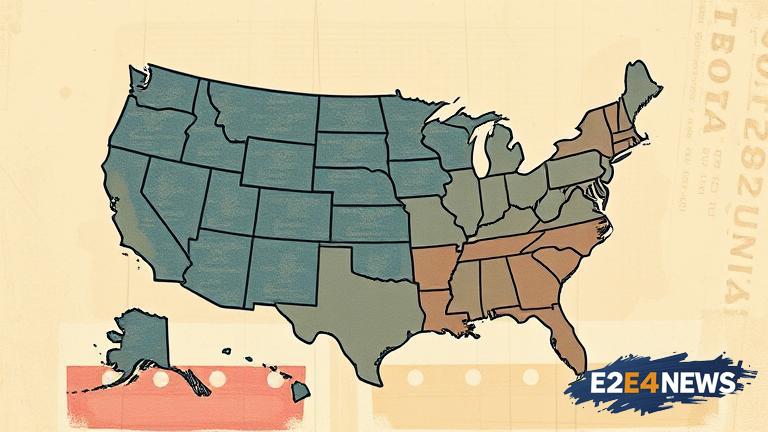The Trump administration has announced a new policy that will require certain travellers to post a bond of up to $15,000 in order to enter the United States. This policy is aimed at reducing the number of individuals who overstay their visas. The new rule will apply to citizens of countries with high rates of visa overstaying. According to the US Department of Homeland Security, the policy will target individuals from countries with an overstay rate of 10% or higher. The bond, which can range from $1,000 to $15,000, will be refundable if the individual departs the US before their visa expires. The policy is set to take effect on December 24, 2020. The Trump administration believes that this policy will help to reduce the number of individuals who overstay their visas, which is estimated to be around 630,000 per year. The policy has been met with criticism from some who argue that it will unfairly target low-income individuals and families. Others have raised concerns that the policy will have a negative impact on tourism and business travel to the US. The US has long struggled with the issue of visa overstaying, with many individuals remaining in the country after their visas have expired. The new policy is part of a broader effort by the Trump administration to crack down on immigration and reduce the number of individuals entering the US. The policy will be enforced by US Customs and Border Protection, who will be responsible for collecting the bonds from travellers. The bonds will be refundable if the individual departs the US before their visa expires, but will be forfeited if they overstay. The policy has been welcomed by some who argue that it will help to reduce the burden on US taxpayers and improve national security. However, others have raised concerns that the policy will have a disproportionate impact on certain communities, particularly low-income and minority groups. The policy is also likely to have a negative impact on the US economy, as it may deter some individuals from travelling to the US for business or tourism. The Trump administration has argued that the policy is necessary to protect US national security and reduce the risk of terrorism. However, others have argued that the policy is overly broad and will unfairly target innocent individuals. The policy has also been criticized for its potential impact on international relations, as it may be seen as a barrier to travel and trade between the US and other countries. The US has a long history of welcoming international travellers and immigrants, and this policy may be seen as a departure from that tradition. The policy is set to be reviewed and evaluated after a period of six months, at which point it may be modified or expanded. The Trump administration has stated that the policy is a necessary step to protect US national security and reduce the risk of visa overstaying. However, others have argued that the policy is a misguided attempt to address the issue of immigration and will have unintended consequences. The policy has sparked a heated debate about the role of immigration in the US and the best way to address the issue of visa overstaying. As the policy takes effect, it is likely to have a significant impact on the US travel and tourism industry, as well as on international relations. The US government has stated that it will continue to monitor the policy and make adjustments as necessary. The policy is a complex issue that raises important questions about the balance between national security and individual freedom. It is likely to be the subject of ongoing debate and discussion in the months and years to come.





